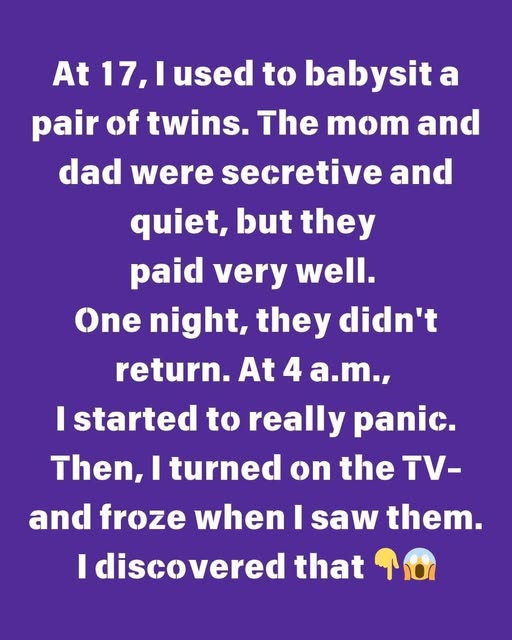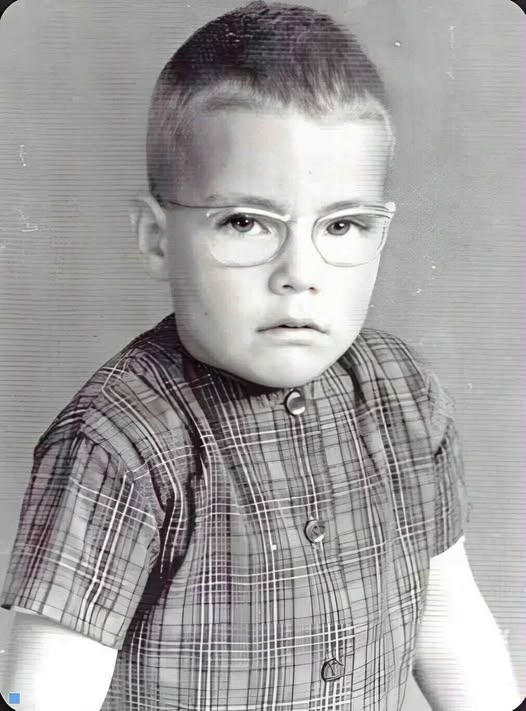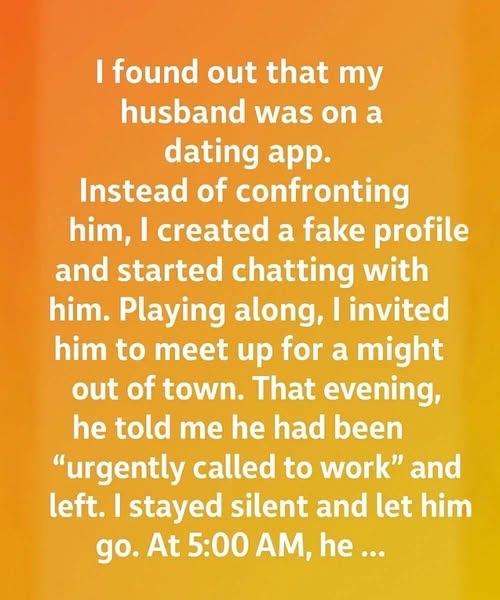I was seventeen when I answered the Mercer twins’ babysitting ad—just a way to make some extra money, or so I thought. That first night, Willa and Dorian Mercer dropped their sleeping seven-year-olds upstairs, set out snacks, and handed me a curt note: “Back by midnight. Help yourself to dinner. Thank you, Shay.” But midnight came and went. Then 1 a.m., 2 a.m., and still no parents. By 4 a.m., exhaustion mixed with unease. I paced their spacious living room, the twins’ soft breathing echoing from upstairs, and flicked on the TV to keep my nerves at bay. That’s when…I was seventeen when I answered the Mercer twins’ babysitting ad—just a way to make some extra money, or so I thought. That first night, Willa and Dorian Mercer dropped their sleeping seven-year-olds upstairs, set out snacks, and handed me a curt note: “Back by midnight. Help yourself to dinner. Thank you, Shay.” But midnight came and went. Then 1 a.m., 2 a.m., and still no parents.
By 4 a.m., exhaustion mixed with unease. I paced their spacious living room, the twins’ soft breathing echoing from upstairs, and flicked on the TV to keep my nerves at bay. That’s when the anchors appeared, their faces grim: “BREAKING: Local Couple Arrested in Multi‑Million‑Dollar Fraud Scheme.” My blood ran cold—I recognized Willa and Dorian instantly. Reporters showed security footage of them at a private airfield, passports in hand, apparently trying to flee the country. Headlines blared embezzlement, shell corporations, offshore accounts.
I sat on the couch, stunned, snack wrappers crunching underfoot. These were the people who trusted me with their children. Suddenly, each muted toy and unmade bed felt ominous. Upstairs, two innocent kids lay oblivious to the chaos their parents had unleashed.
I called my mom at dawn. She arrived within minutes, eyes wide at the TV. We exchanged a helpless glance—neither of us had ever imagined a simple babysitting gig could explode into a federal scandal. By 6 a.m., we contacted Child Protective Services, and the social worker swept in like the tide, gently guiding the twins downstairs.
Elise woke first, rubbing her eyes. “Where are our pancakes?” she asked, hopeful. Ezra clutched his favorite dinosaur book, blinking sleep from his eyes. I could only shrug, tears stinging. The social worker led them away, Elise clinging to me as if I were her mother. Ezra looked back with wide, confused eyes. That image—two little bodies torn from their home—haunts me still.
In the weeks that followed, I learned the Mercers’ fortune vanished almost overnight. Their assets frozen, their charges mounting, they were held without bail. The twins, now wards of the state, bounced from one foster home to another: first with a strict retired teacher, then with a family who spoke only Spanish and struggled to communicate with them. I stayed in touch via letters and occasional supervised visits, each reunion bittersweet. Elise’s arms wrapped around my waist; Ezra always thrust his dinosaur book into my hands.
Three months in, a plain envelope arrived in my mailbox: “Thank you for taking care of them. We trusted you. Don’t forget them. They’re the only innocent ones in this mess. —W.” No signature, no return address—just a final plea from their mother. I folded the note into my journal and wept.
As the twins’ sixteenth birthdays approached in foster care, word came that the state planned to split them into separate homes—an attempt to place them where each child’s needs fit best. Panic seized me. I drove to the county child services office, barged into the caseworker’s cubicle, and said, “I want to be their guardian.” At twenty, I was still in community college, juggling two part‑time jobs and barely scraping by. Everyone thought I’d lost my mind.
But I refused to let the system dismantle the only family the twins had left. I petitioned the court, secured affidavits from neighbors who vouched for my character, and poured every cent I had into childcare courses and legal fees. In a packed courtroom, the judge peered over his glasses and asked why a young college student should be entrusted with two children from a high‑profile fraud case. I told him I loved them like my own, that I’d proved my devotion every day for a year. After tense moments, he granted my request: the twins would live with me permanently.
Suddenly, independence felt weighty. I moved us into a modest two‑bedroom apartment, paid in laps around the clock, and kept online classes alive through bleary‑eyed nights. Breakfasts of oatmeal, dinners of ramen—I traded personal comfort for theirs. Slowly, laughter returned to our home. Elise’s sketches blanketed the fridge; Ezra’s roaring T‑rex stuffed animals lined the windowsill.
Then, at twenty‑two, another twist: a cashier’s check for $40,000 arrived from a Swiss law firm, unaccompanied by any explanation. A week later, another envelope: “A trust was established for the children. Their mother wanted them cared for, no matter what.” Willa, even in disgrace, had set aside funds for her children. That unexpected gift—perhaps a fraction of her stolen wealth—paid off my student loans, allowed us to rent a larger home, and sent the twins to better schools.
Today, Elise blossoms into a thoughtful artist who dreams of becoming an art therapist. Ezra codes intricate games on our old laptop, eyes alight with possibilities. I’m no longer the hapless teenager who stumbled into their lives; I’m their guardian, teacher, and fiercest advocate.
Their parents’ betrayal set our story into motion, but it was our choice—mine and theirs—that defined its ending. We built a family from the ashes of lies and saw that even in the darkest night, you can discover the truth of who you are and the power you have to rewrite a fate you never asked for.



